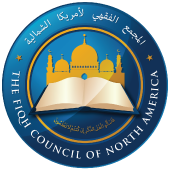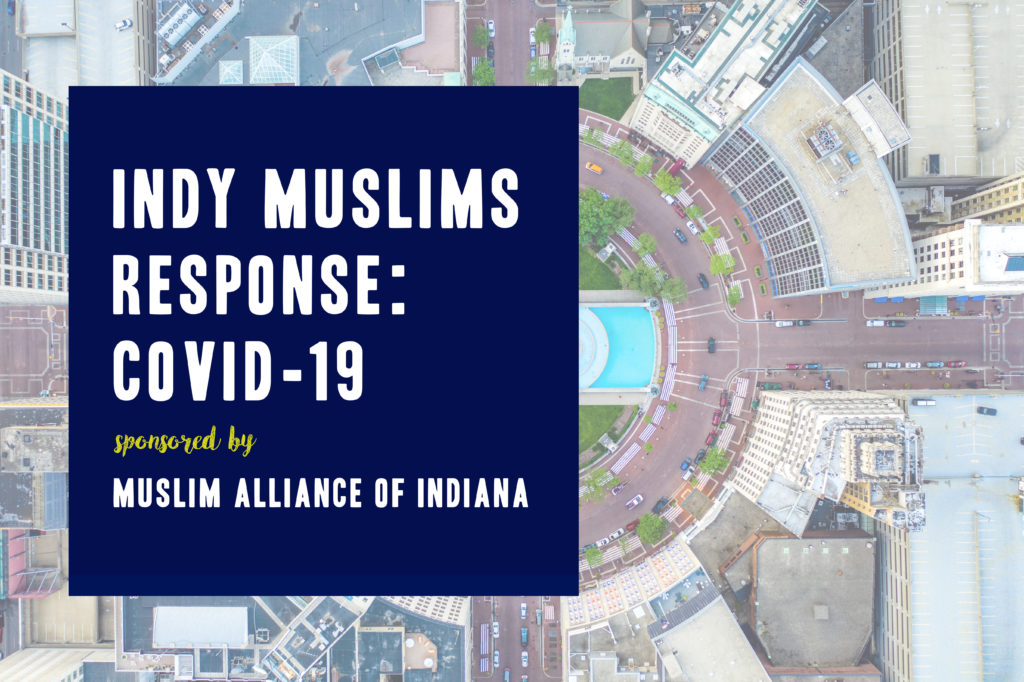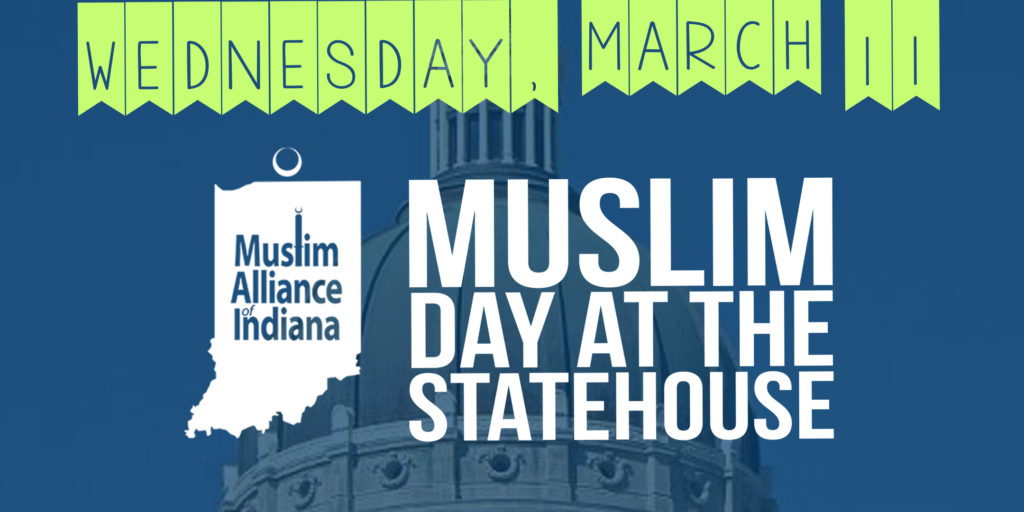
“The Fiqh Council of North America reiterates:
1: That masajids and Islamic centers shall strictly follow the health and state official guidelines for social gatherings and distancing. The Juma’, Jama’ah, Taraweeh and Eid al Fitr prayer shall be suspended until the ban on congregation is lifted. We hope and pray that Allah SWT brings relief sooner than later but we strongly encourage the Muslim community to follow the local and state instructions to avert possibilities of COVID -19’s transmission. Our acts of devotions include ablution (Wudu), prostration (Sujud) and touching of surface with multiple organs. These acts particularly expose us to wider transmission of this deadly virus. Changing carpet or disinfecting it on daily basis is costly and cumbersome. Therefore closure of masajid, suspension of Juma’, Jama’ah, Taraweeh and Eid al Fitr prayer remains the only viable option to safeguard the community from viral outbreak.
2: That Taraweeh prayers shall be performed at home within a family setting just like the regular daily Jama’ah. The Taraweeh can be done by reciting shorter Surahs, repeating the same Surahs over and over again, holding the Qur’an in hand and reciting from it. It can be established individually and collectively. The Council does not encourage virtual Taraweeh or Eid al Fitr prayers. People can listen to the live or recorded Qur’anic recitation but are not allowed to follow a virtual Imam in Jama’ah. We know of some recent fatwas vis a vis virtual Juma’, Taraweeh and Eid al Fitr prayers but do not recommend that due to multiple Sharai’ reasons.
3: That virtual lectures, reflections, reminders and recitations are encouraged.
May Allah SWT take this pandemic away from us, grant us relief and normalcy. Ameen.
Witten by Dr. Zulfiqar Ali Shah and approved by the Fiqh Council on April 16, 2020.”
The Fiqh Council of North America (FCNA) is a body of recognized and qualified Islamic Scholars from the United States and Canada who accept the Qur’an and authentic Sunnah as the primary sources of Islam. Furthermore, FCNA is guided by the judicial heritage of the Prophet’s companions and the legal rulings and methodology of established classical normative Muslim Scholarship.
Visit fiqhcouncil.org for more info.
Read More

